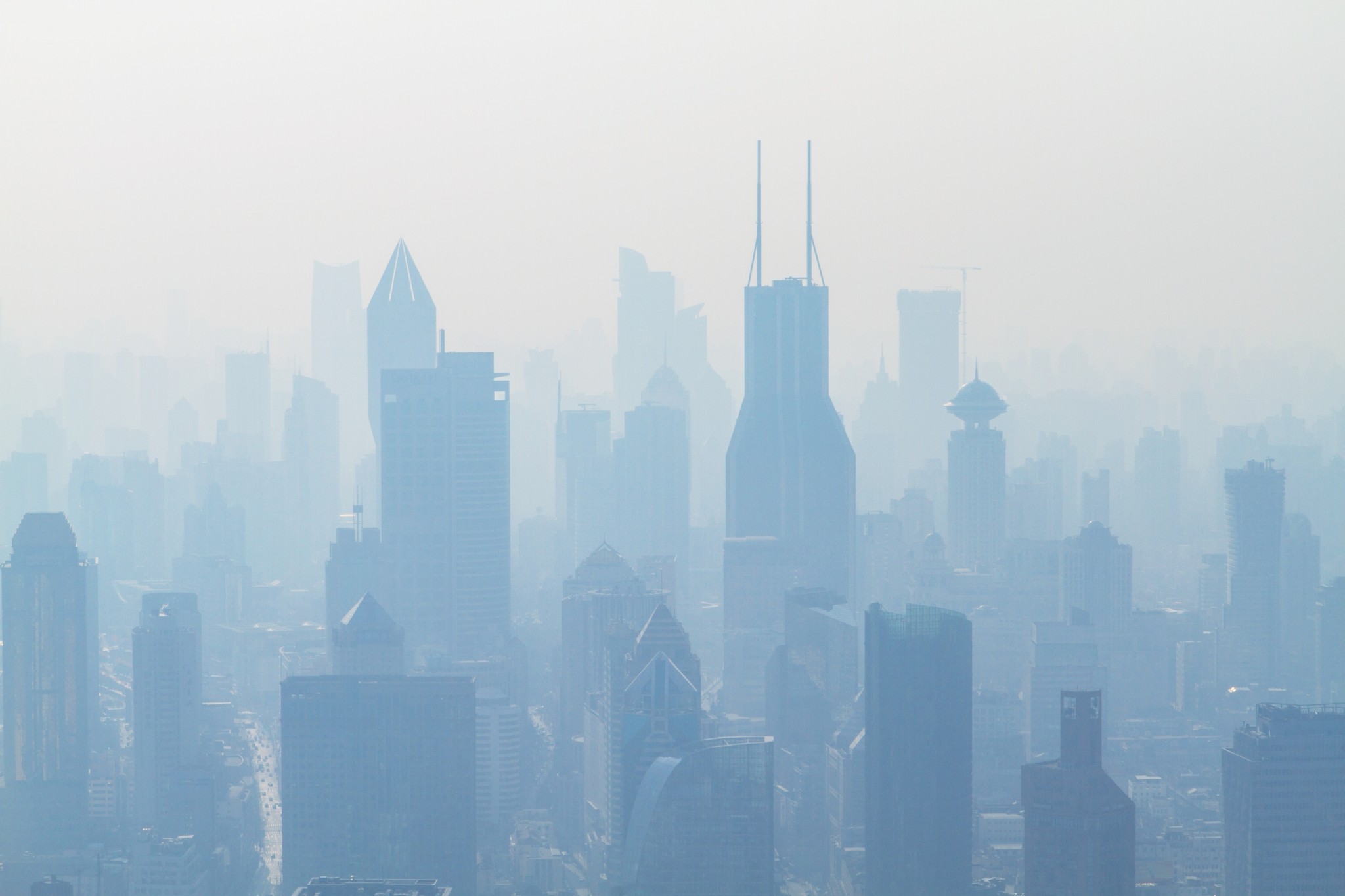
Stop the Pollution!


Air pollution is caused by solid and liquid particles and certain gases that are suspended in the air. These particles and gases can come from car and truck exhaust, factories, dust, pollen, mold spores, volcanoes and wildfires. The solid and liquid particles suspended in our air are called aerosols. Certain gases in the atmosphere can cause air pollution. For example, in cities, a gas called ozone is a major cause of air pollution. Ozone is also a greenhouse gas that can be both good and bad for our environment. It all depends where it is in Earth’s atmosphere. Ozone high up in our atmosphere is a good thing. It helps block harmful energy from the Sun, called radiation. But, when ozone is closer to the ground, it can be really bad for our health. Ground level ozone is created when sunlight reacts with certain chemicals that come from sources of burning fossil fuels, such as factories or car exhaust.

Dark surfaces—whether it’s a black t-shirt or a dark particle in the atmosphere—absorb the Sun's heat. Lighter-colored surfaces reflect heat from the Sun. A white t-shirt reflects the Sun on a hot day, making you feel cooler. In the same way, light-colored particles that reflect the Sun’s light and heat away from Earth can make the global temperature cooler. Dark-colored particles that absorb the Sun’s light can make the global temperature warmer.